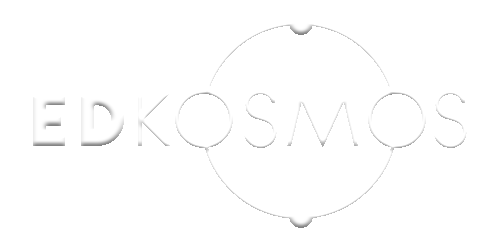Additional information
| Province | Ontario |
|---|---|
| Colleges | Evergreen College |
| Program Categories | Healthcare |
| Program Duration | 46 weeks |
| Program Intakes | |
| Class Type | Hybrid |
| Funding | Ontario Job Grant |
Admissions Open
| Province | Ontario |
|---|---|
| Colleges | Evergreen College |
| Program Categories | Healthcare |
| Program Duration | 46 weeks |
| Program Intakes | |
| Class Type | Hybrid |
| Funding | Ontario Job Grant |
Clinical Research
Program Accreditation: Post-Graduate Diploma Program
46 weeks ? Total hours: 920
Theory: 680 hours ? Internship: 240 hours
Program Overview
The Clinical Research Post Graduate Diploma Program is designed for a wide range of students including International Medical Graduates (IMGs); Health Care Professionals (HCPs); and Science, Technology, Engineering and Mathematics (STEM) graduates. The program provides theoretical and practical understanding of clinical research and increases opportunities for employment and job advancement.Students will learn how to generate and validate hypothesis; research bibliographic database; design clinical trial study; write clinical trial protocol; collect clinical research data; apply statistical tests for analysis of collected clinical research data; and work with stakeholders including pharmaceutical, biotechnology, and medical device companies; contract research organizations, regulatory agencies; principal investigators; and research institutions. Students also learn how to deal with ethical challenges, apply quality standards, submit human research ethics application, monitor clinical and safety database, assess received adverse events, familiarize with Medical Coding and MedDRA, submit safety reports to the regulatory authorities and comply with the laws, regulations, guidelines and specifications, write case narrative, Standard Operating Procedures and Internal Working Instructions, Data Safety and Monitoring Board report, Medical Monitor clinical data review checklist, Investigational New Drug Application, and Clinical Trial Application.
Career Opportunities
Successful graduates are fully prepared for diverse careers in clinical research. With a strong foundation in clinical research fundamentals, and practical experience in the clinical research environment, students will be ready for any number of careers, including jobs in the pharmaceutical industry, contract research organizations, research institutions, regulatory authorities and more.
Admission Requirements
Previous Diploma or degree in Health Science, Public Administration, Recreation Administration or Hospital Administration.
English proficiency requirement for international students.
Graduation Requirements
To successfully meet the program outcomes the student must:
Achieve a minimum mark of 70% in all of the module assignments and exams
Achieve a satisfactory rating in the internship evaluation
What You Will Learn
The course consists of 22 modules. These modules are covered in the classroom and the internship.
Study Designs in Epidemiology
Statistics in Clinical Research
Ethics in Clinical Research
Hypothesis Generation and Validation
Guidelines: Good Clinical Practice, Good Laboratory Practice, Good Documentation Practice, Good Manufacturing
Overview: Preclinical Drug Development
Study Designs in Clinical Research and Protocol Writing
Clinical Operations: Introduction to Regulatory Affairs and Submission of Human Research Ethics Application
Clinical Operations: Introduction to Pharmacokinetics
Clinical Operations: Introduction to Pharmacodynamics
Clinical Operations: Introduction to Product Management
Clinical Operations: Introduction to Clinical Study Conduct
Clinical Operations: Introduction to Clinical Data Management
Clinical Operations: Introduction to Pharmacovigilance
Clinical Operations: Introduction to Quality Assurance and Quality Control
Clinical Operations: Introduction to Clinical Trial Monitoring
Medical Monitoring
Clinical Operations: Introduction to Regulatory Submission of Study Reports
Medical Writing
Microsoft Word, Excel, Outlook, and PowerPoint
Resume Preparation, Interview Skills, and Work Ethics
Internship: The Clinical Research students complete their education with 240 hours of internship practical work experience.

